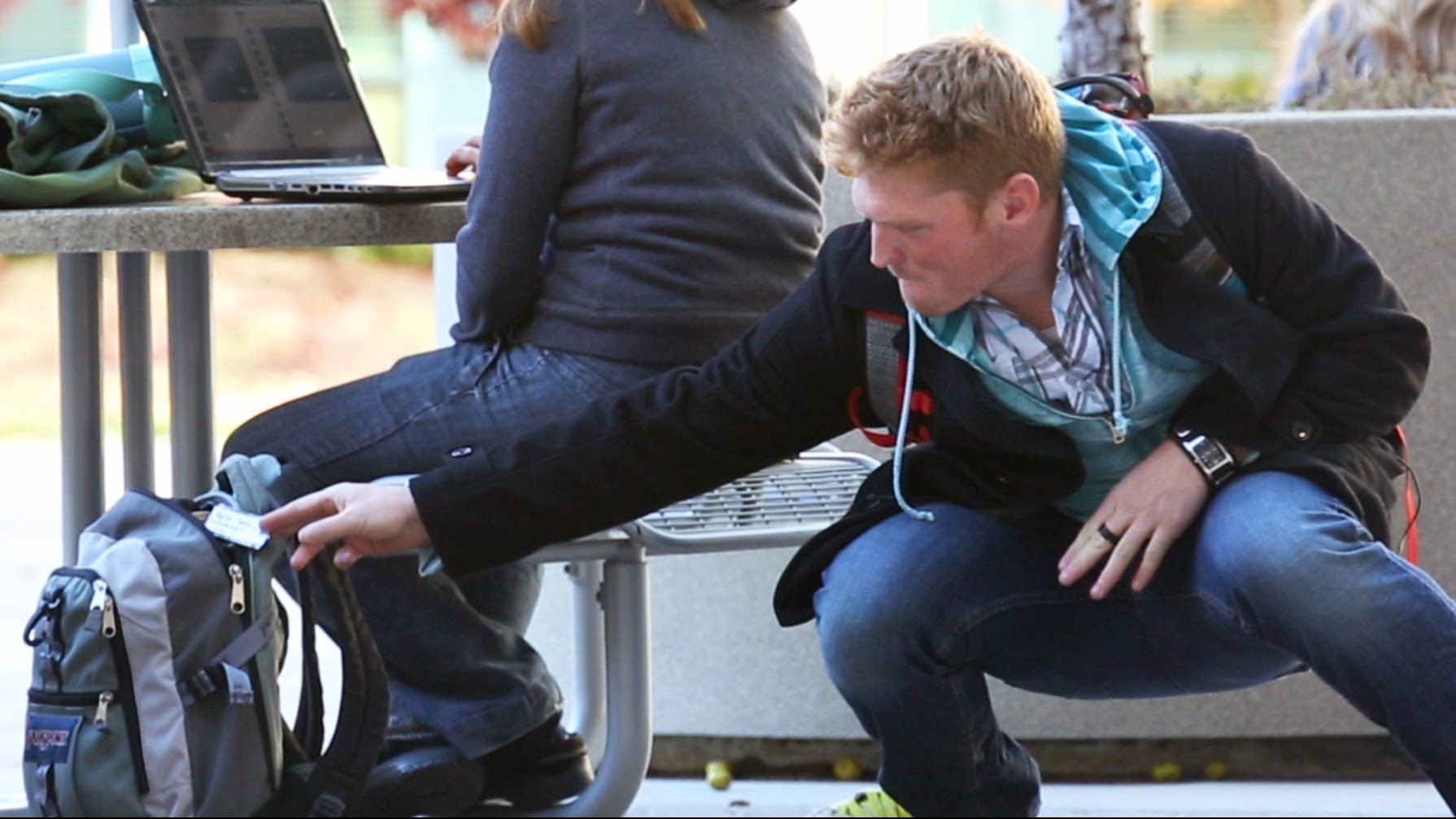Suppose someone accuses me of being a pickpocket. I respond, “I have picked no pockets, therefore I am not a pickpocket.” My accuser could naturally retort, “Oh yes you are, I have video evidence of you picking pockets on three separate occasions.”
What would you think, though, if my accuser instead declared, “There’s a lot of pickpocketing in the world. You’ve personally done nothing to stop it. That makes you a pickpocket!”
I submit that this is an absurd and unjust position. You lead with a baseless accusation. Then instead of apologizing, you use Orwellian re-definition to label virtually the entire human race as “pickpockets.” In the end, you’ve divided humanity into a teaspoon of noble anti-pickpocketing crusaders, and an ocean of vile pickpockets. The vast majority of whom have never picked a pocket in their lives.
This is exactly how I view most modern accusations of “racism” and sexism.” Imagine the anger a typical white male would provoke these days by announcing, “I am utterly blameless for whatever racism and sexism exists in our society.” Indeed, many people would take this very sentence as “proof” of the announcer’s racism and sexism.
To so react, however, is absurd and unjust. You don’t have to crusade against pickpocketing to avoid being a pickpocket, you don’t have to crusade against racism to avoid being a racist, and you don’t have to crusade against sexism to avoid being a sexist. Just keep your own hands clean. What could be more obvious?
Doesn’t this view lead to self-satisfied complacency? As soon as you ask that question, you are in the vicinity of the Noble Lie. “Telling innocent people they’re guilty is more motivating than telling innocent people they’re innocent. So should we falsely condemn people to spur them to action.” In the words of Nietzsche, “Whoever fights monsters should see to it that in the process he does not become a monster.”
Nietzsche aside, it’s far from clear that preaching near-universal guilt spurs people to action. Consider this alternative appeal: “Sure, you’re an innocent bystander. But wouldn’t you rather be a hero?” Maybe, just maybe, you can motivate people to do good without slandering them first.
P.S. Don’t worry, I won’t call you a slanderer for failing to join my crusade against slander.




